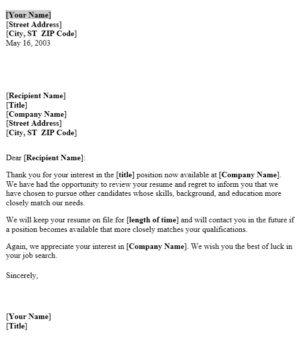

- Letter of credit applicant vs accountee code#
- Letter of credit applicant vs accountee professional#
- Letter of credit applicant vs accountee free#
If the issuer sends the standby letter of credit through another bank, the bank that receives the SBLC and sends it to the beneficiary will be known as the advising bank. If the beneficiary does not request a specific bank, the issuing bank will either: send the SBLC directly to the beneficiary or choose to send the SBLC to the beneficiary through a bank with which the issuer has a relationship. Unless otherwise stated in a SBLC, standby letters of credit are deemed: “irrevocable” meaning they cannot be changed or cancelled prior to its stated expiry date without the agreement of all parties.Īdvising bank –The beneficiary will typically request that a SBLC is sent to a bank in their country or one with which the beneficiary has a relationship. Upon a standby letter of credit’s expiry, it will simply cease to exist and be unavailable for drawing and closed by the issuer. This is because most applicants will successfully complete their contractual obligations and as such, the beneficiary will have no reason to demand payment under a SBLC. However, most SBLCs never receive a drawing, (also known as: claim or demand for payment) and simply expire in accordance with a SBLC’s stated expiry date/period. While a SBLC may include a reference to an underlying contract between an applicant and a beneficiary the issuer’s obligations remain fully independent of any underlying contract to which it may be supporting.Īs an independent undertaking, the issuer of the SBLC has its own obligation to ultimately pay the beneficiary (or another bank which has already paid the beneficiary such as a confirming bank) on receipt of a document/presentation made by, or on behalf of the beneficiary, which comply with the terms and conditions of the SBLC. In most cases and depending on the nature of the type of SBLC being issued, a beneficiary is typically only authorized to claim payment from an issuer in situations where the applicant is unable to successfully conclude the underlying contract. An applicant’s ability to obtain a SBLC from an issuer reflects good faith as the SBLC supports an applicant’s credit quality.


When the issuer bears a stronger credit rating, a SBLC is also a credit enhancement tool. The obligations of the SBLC or “undertaking” supplement, and are in addition to, any other underlying contract/agreement between the issuer’s client (In SBLC terms, the client is most often referred to as the applicant) and the client’s contract counterparty (In SBLC terms, the counterparty is known as the beneficiary). An undertaking provides the named beneficiary with an “independent” assurance of payment from the undertaking’s issuer (issuers are most often banks). The global rule sets which govern standby letters of credit (SBLC) - both the Uniform Customs and Practices current revision 600 (UCP 600) and International Standby Practices current revision (ISP98) - define a SBLC as an “undertaking”. IMB NVOCC Bill of Lading Certificate (NBL).
Letter of credit applicant vs accountee code#
ICC Code for Ethical Marketing & Advertising (EMA).Certificate on the Common Reporting Standard (CCRS).Microfinance Associate Certificate (MAC).

Letter of credit applicant vs accountee free#
Free Trade Agreement Certificate (FTAC).
Letter of credit applicant vs accountee professional#


 0 kommentar(er)
0 kommentar(er)
